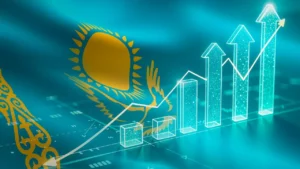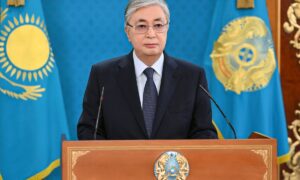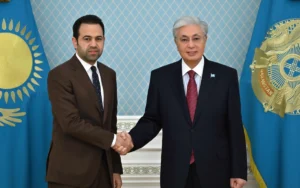Kazakhstan Ranks 32nd in Global Food Security Deterioration

Astana, The Gulf Observer: Kazakhstan has been ranked 32nd in terms of global food security deterioration between 2019 and 2022, according to the latest Global Food Security Index released by the Economist Intelligence Unit (EIU). The findings were reported by NHC, highlighting the nation’s position in a global assessment of food system stability across 113 countries.
The index, which evaluates the affordability, availability, quality, safety, sustainability, and adaptation of food, considers 68 indicators to determine a country’s food security status. Kazakhstan’s overall score stands at 72.1, with notable results in affordability (78.0), availability (67.2), quality and safety (76.3), and sustainability and adaptation (65.4).
Despite Kazakhstan’s classification as an upper-middle-income country in the Asia and Pacific region, the report indicates a 2.5% prevalence of undernourishment, with 6.7% of children stunted and 2.0% underweight. At the same time, the country faces a 21.3% obesity rate. Kazakhstan’s Human Development Index (HDI) score is recorded at 0.83.
Globally, Finland, Ireland, and Norway were recognized for having the highest levels of food security in 2022, while Yemen, Haiti, and Syria ranked lowest. The gap between the best and worst performers has expanded since 2019, reflecting a growing inequality in the global food system. The United States ranked 13th, with a score of 78.0.
Syria experienced the sharpest decline in food security between 2019 and 2022, with a drop of 10.5 points, followed by significant declines in Haiti (-5.4), Venezuela (-4.9), Colombia (-2.2), and Zambia (-1.8).
The EIU attributes the overall weakening of the global food system to multiple risks, including volatile agricultural production, natural resource scarcity, rising economic inequality, and a growing number of climate-induced shocks like droughts and floods. Trade disruptions and supply chain instability have further exacerbated the situation, deepening global food insecurity.


